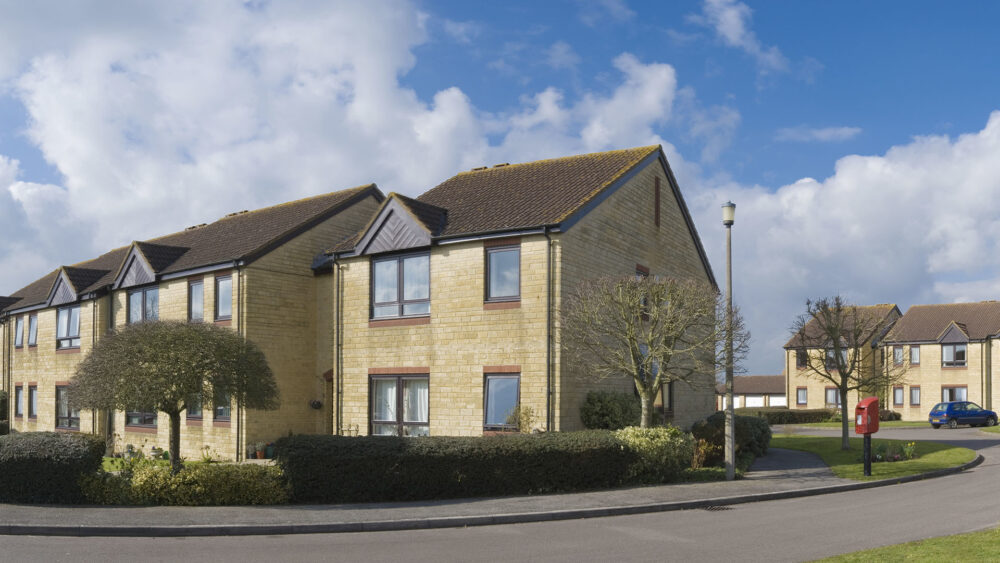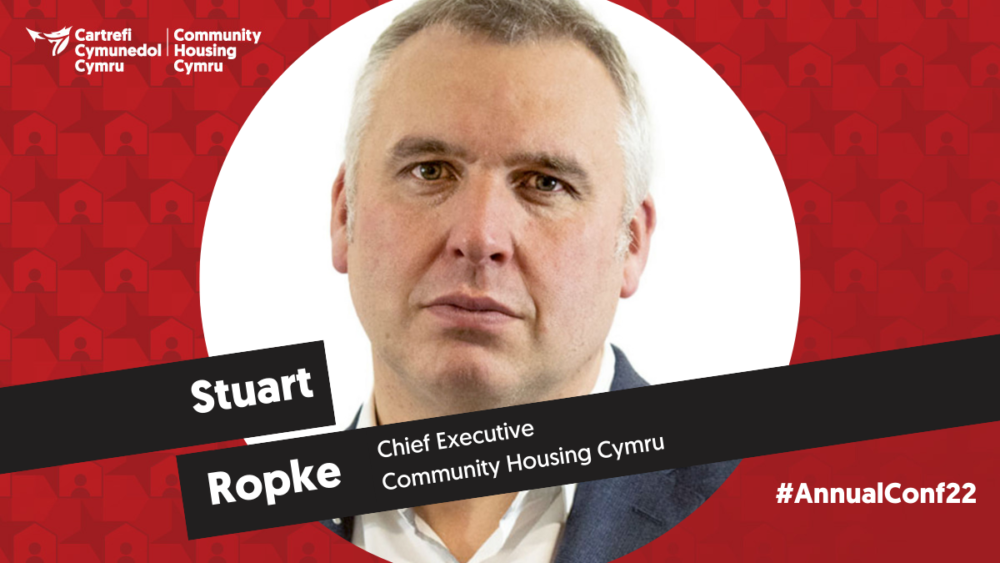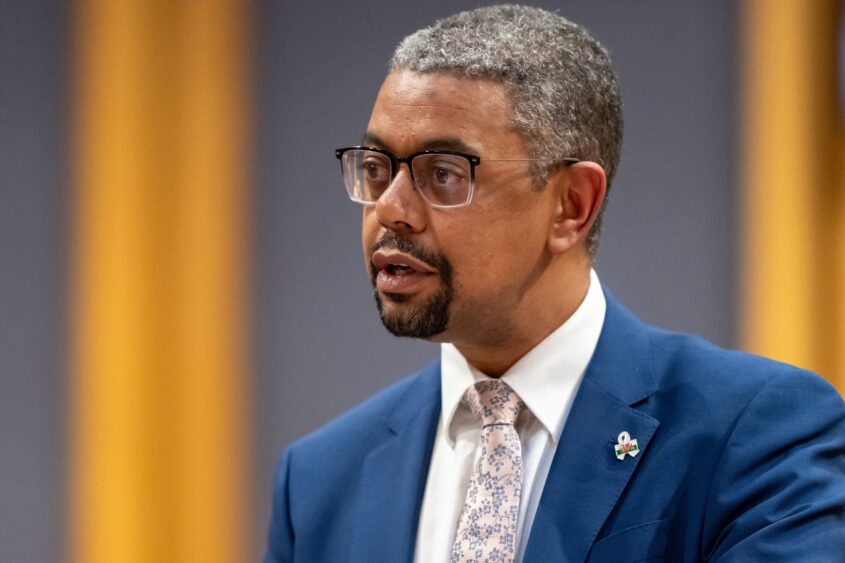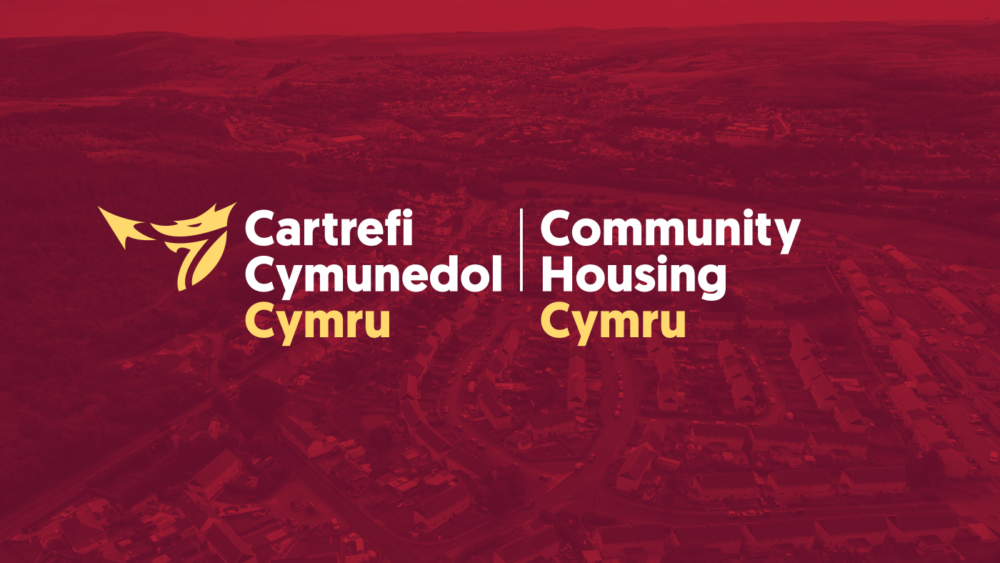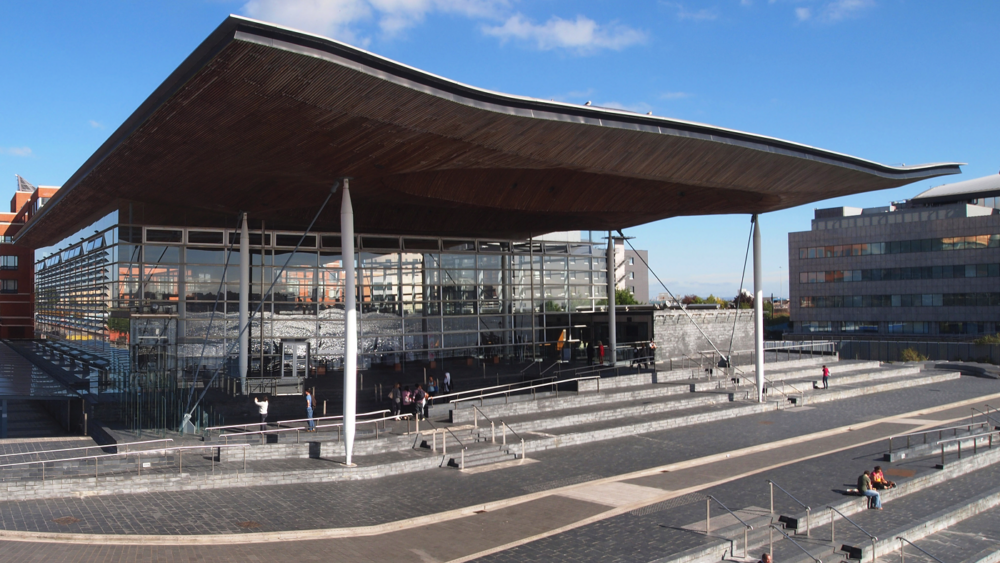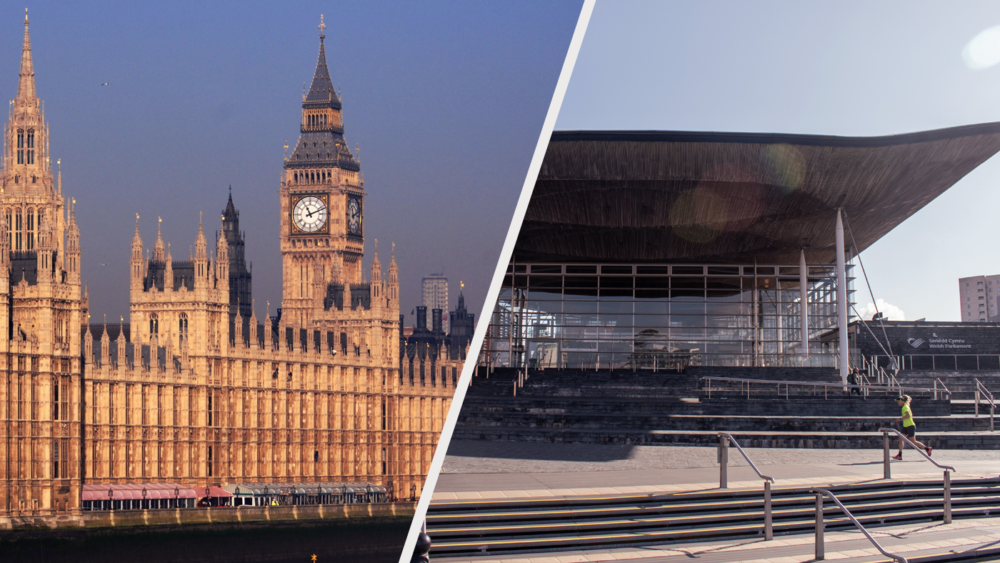Smart, agile investment should be prioritised in Welsh Government's draft 2023/24 budget

Rhea Stevens, head of policy and external affairs, looks ahead to Welsh Government’s forthcoming draft budget
Given the uncertainty and anxiety caused by “fiscal moments” in Westminster in recent months, perhaps more than ever previously we have reason to be grateful that budget setting in Wales is a far less theatrical affair.
Whilst no less important, there is no speech from the dispatch box announcing key decisions. Rather the draft budget is published online and sets out key spending, taxation and financing plans for the critical public services that the people of Wales rely on. The draft budget is then scrutinised by committees of the Senedd, before a full plenary debate in February. The final budget will then be published in early March. This process is intended to allow plenty of time for deliberation of the proposals and exploration of benefits and trade-offs.
Spending choices made on public services have arguably never been more important than during the current cost of living crisis. The Auditor General for Wales recently described the scale of the cost of living crisis as “hitting the pockets of many more people and placing families who have managed to live comfortably into poverty for the first time”.
Experience tells us that those on low incomes will suffer the most, and for the longest, as a result of the cumulative impact of these - already individually devastating - challenges. The current cost of living crisis is not just a temporary economic squeeze: the consequences have the potential to last generations if we are unable to shield those most vulnerable to extreme hardship.
Despite an extra £1.2 billion for Wales in consequential funding from the fiscal statement, the Welsh Government is facing a real-terms cut to its annual budget, leaving ministers with difficult choices as they try to sustain public services and alleviate the immediate pain communities are feeling.
We know that an investment in housing brings about far wider economic and social benefits than the initial spend alone - £1 invested brings about £6 of wider economic activity. Investment in homes is an important economic lever as we face this downturn.
At Community Housing Cymru, we have been working with Welsh Government and cross-party politicians to share our thinking on how we can prioritise investment to make the greatest possible difference at a time when money is tight and need has never been higher.
We think the draft budget needs to prioritise agile, smart investment in three main areas:
A long term investment programme to deliver new, low carbon, affordable homes for people in Wales
We need a long term investment programme to support us to build new low carbon homes, to decarbonise existing homes, and to provide the infrastructure we need for environmental and nutrient management. To date, there has simply not been enough action to put in place the building blocks to enable this. Investment is needed in local capacity to build a land, planning and environmental management system in Wales that has the delivery of affordable homes for people in Wales at its heart.
Decarbonisation of the social housing sector requires a fully funded and deliverable plan. This plan must take advantage of changes in technology, maximise the opportunity to build a Wales-based supply chain and provide an economic boost to Welsh communities.
In March 2023, the Welsh government confirmed a record breaking long term investment package of almost £2 billion in capital funding for new homes, providing much needed certainty on longer term spend on affordable housing. We know this will make a significant difference to the Welsh economy and to the wellbeing and outcomes of people in Wales. Capital funding for new, low carbon, affordable homes for social rent through the Social Housing Grant must be protected in the 2023/24 budget.
A more agile and pragmatic approach to funding so that we can be responsive to the dynamic and challenging environment we find ourselves in
We have seen some real progress in establishing an agile and pragmatic approach to addressing the urgent challenges we face. This includes the Transitional Accommodation Capital Programme, which aims to bring over 1,000 additional homes into use over the next 18 months to enable people to move on from temporary accommodation. We’ve also seen a move to programme funding via the Optimised Retrofit programme which aims to bring a home to its lowest achievable carbon footprint.
We would like to see this approach to agile, focused funding rolled out more widely across the 2023/24 budget, to enable us to make the biggest difference to increasing the accessibility and quality of social housing, as part of a balanced investment programme that delivers the best outcomes for every pound spent.
A reinvigorated focus on prevention
We know this is difficult during a crisis. However, it is because we are in a crisis that we must invest in prevention. Losing focus on this will result in devastating consequences for individuals, huge additional costs for the state for years to come and limited protection against any future cost of living crises.
In 2022/23, Welsh government maintained the Housing Support Grant at a baseline of £166m for the next three years. This was warmly welcomed by the housing association sector as a vital investment in core preventative services.
Unfortunately, the capacity of this investment to support services has been negatively affected by the cost of living crisis and the extreme inflationary environment.
Proper upstream prevention through support and investment in existing homes is the way to provide real help and support, as well as reduce pressures on the NHS and local government. To do this, we would like to see an inflationary increase to the Housing Support Grant and the Homelessness Prevention Grant. In addition, commissioners must have funds at their disposal to provide funding for social care providers that meet the true cost of providing quality care, helps them weather the storm of the cost of living crisis and pay their staff the real living wage.
We know that unless our approach to tackling the climate and nature emergencies is in lockstep with our efforts to tackle the dual housing crisis and cost of living crisis, we will be trapped in a cycle of short term measures that offer little protection against any future challenges.
We will be analysing the draft budget to understand how government choices can positively impact on these multiple challenges, and will continue to make the case for agile, smart investment that has the greatest possible impact for the people of Wales now, and for future generations.
